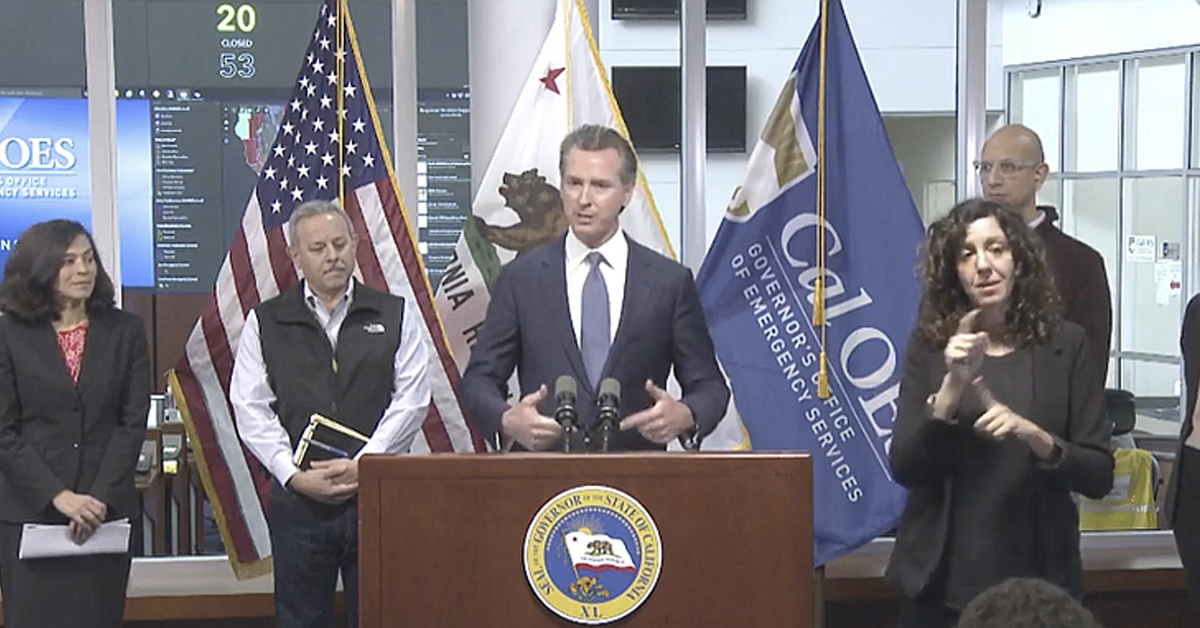The passage of 2021’s Senate Bill 9 was supposed to herald the end of the single-family zoning that many point to as a culprit of California’s housing crisis.
But four months into the new era, little has changed, and the scant enforcement of the law has come about largely because of pro-housing activists.
The new law, which allows duplexes and split lots on land previously marked as single-family only, has been met with stiff resistance by cities across the state that have passed ordinances effectively — but not directly — blocking the law in their area.
The state of California — with an annual budget north of $280 billion — is largely reliant on YIMBY, or “yes in my backyard” activists, to find out about law-breaking cities.
“The bulk of how we’re going to learn about these cases is through complaints that we receive from ordinary citizens, through advocates, and other stakeholders,” said David Zisser, who leads the Housing and Community Development Department’s newly created Housing Accountability Unit. “The fact that we’ve gotten complaints about 29 different jurisdictions is a good example of how it’s working.”
Zisser, who leads the unit, said his department hadn’t received explicit statutory authority over the duplex law. One of the laws they can enforce limits a city’s ability to restrict the development of new housing, which is a concern with many of these duplex-hostile ordinances. The housing department’s main priority at the moment is the housing element, by which cities have to plan for enough housing to accommodate the growing population.
Neither the attorney general nor the housing department is dispensing their limited resources to track the local city council and planning meetings in which duplex law related-ordinances unfold, and in which city councilmembers say things like, “What we’re trying to do here is to mitigate the impact of what we believe is a ridiculous state law.”
Instead, they depend largely on advocates and local journalists to report on the shenanigans. That’s how Bonta’s office found out about Woodside, a Silicon Valley town that claimed immunity from the duplex law because the town, in its entirety, was a mountain lion habitat. A local newspaper first reported the story, and it went viral on Twitter — where many YIMBY activists pointed to Cougar Town as a poster child of the NIMBY (“not in my backyard”) mindset.
Several news stories later, Bonta wrote the city a letter, and Woodside reversed course.
Get the full story: Read more.










